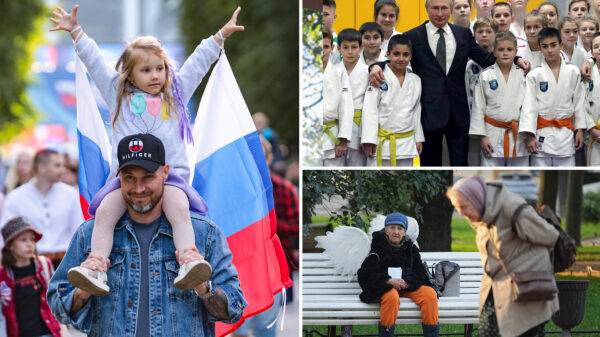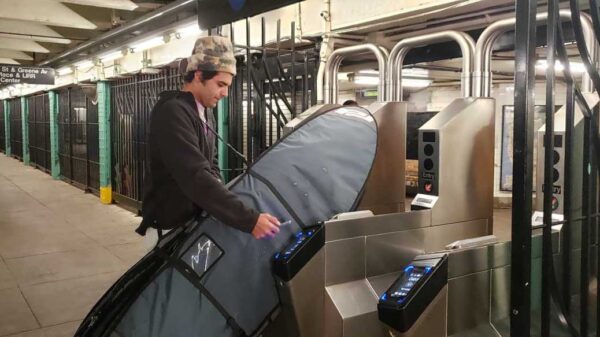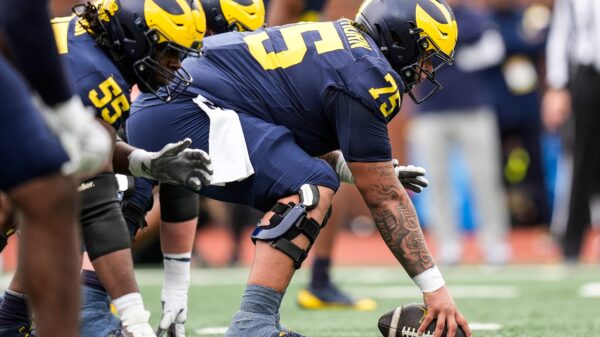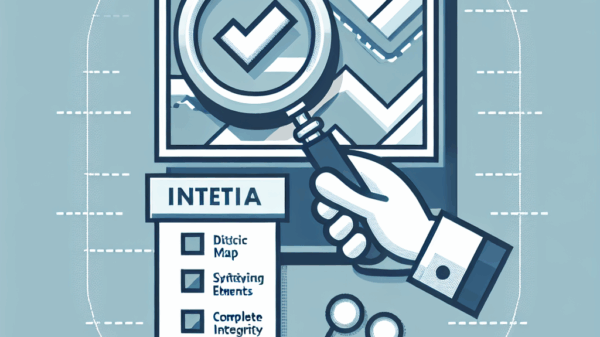UPDATE: A new study reveals alarming trends in teenage reliance on artificial intelligence for emotional support and companionship. Researchers from Common Sense Media found that over 70% of teens now use AI companions, with 34% interacting with them daily. This surge raises urgent questions about the impact of AI on adolescent mental health and social skills.
Kayla Chege, a 15-year-old high school student from Kansas, exemplifies this trend. “Everyone uses AI for everything now. It’s really taking over,” she stated, reflecting a growing sentiment among her peers. Many teenagers are turning to AI not just for information, but for personal advice and emotional connection, indicating a profound shift in how they seek companionship and support.
The study, based on a survey of 1,000 teens nationwide, highlights that 11% of respondents use AI companions to bolster their confidence and stand up for themselves. However, experts warn that substituting AI for human interaction could have detrimental effects. “Younger kids really trust these AI companions to be like friends or parents or therapists,” said Jim Steyer, CEO of Common Sense Media. “They’re talking about serious relationships, and these are robots.”
This urgent trend raises significant concerns among educators and psychologists. With AI tools like ChatGPT and Replika providing companionship, teens are increasingly reporting that conversations with AI are as satisfying, or even more so, than those with real friends. Despite half of the surveyed teens expressing distrust in AI’s advice, a staggering 33% admitted to discussing serious issues with AI rather than with actual people.
Experts like Michael Robb, lead researcher at Common Sense, emphasize the potential cognitive costs for teenagers who heavily rely on AI. “If teens are developing social skills on AI platforms where they are constantly validated, they may not be prepared for real-world interactions,” he warned.
The emotional dangers are becoming more apparent. An Arkansas teen, Ganesh Nair, shared his concerns about his peers relying on AI for intimate conversations. He recounted a chilling incident where a friend let an AI chatbot draft a breakup message, ending a two-year relationship. “It felt a little bit dystopian,” Nair said, expressing fears that AI could replace genuine human connections.
As these AI companions become more integrated into the lives of young people, researchers highlight the urgent need for parents and educators to understand this shift. Many teens, like Bruce Perry, 17, feel the pressure to use AI for decision-making. “I could see a kid that grows up with AI not seeing a reason to go to the park or try to make a friend,” Perry cautioned.
The study’s findings, conducted in April and May, indicate a burgeoning reliance on AI that could reshape teenage relationships and mental health. “It’s eye-opening,” Robb noted, stressing that the unregulated growth of AI tools poses significant risks for youth.
As AI technology evolves, the question remains: how do we guide the next generation in navigating their emotional needs without compromising their social development? The time for action is now, as experts call for heightened awareness and regulation of AI’s role in the lives of young people.
In a world where AI is becoming a constant presence, it’s essential for adults to engage in these conversations with teens to ensure a balanced approach to companionship, support, and emotional growth. The implications of these AI tools on youth are profound and require immediate attention from parents, educators, and policymakers alike.


































































